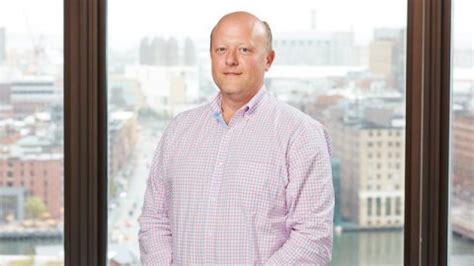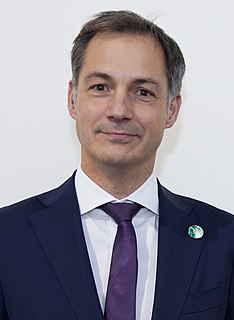A Quote by Jeremy Allaire
The big idea of, 'Hey, I can pay anyone, anywhere, with whatever digital wallet they have, and it just flows around the Internet' - that's on the horizon; that's how we built everything we do.
Related Quotes
So we went to Atari and said, 'Hey, we've got this amazing thing, even built with some of your parts, and what do you think about funding us? Or we'll give it to you. We just want to do it. Pay our salary, we'll come work for you.' And they said, 'No.' So then we went to Hewlett-Packard, and they said, 'Hey, we don't need you. You haven't got through college yet.'
What I saw quite clearly in the '80s, before the internet, was that the whole world was shifting toward digital formats, and that didn't matter whether it's movies or writing or whatever. It was something that was coming. And with the invention of the World Wide Web in the early '90s, when we were teaching our first courses, or the arrival of the internet by way of the browser, which opened up the internet to everybody - soon it was just revolutionary.
I consider us to be one of the first Internet-based bands, especially because we basically started our entire band via the Internet. Before MySpace Music even existed, we had a band MySpace page. We were one of the first fifty bands on PureVolume(.com), and we really built everything from the Internet. That's how we started talking to record labels, that's how we booked our first tours. Without the Internet social networking, like Twitter, we definitely wouldn't be where we are today. It is a huge part of the band.
Fanaticism is such a blind stuff that it can never give you any idea as to what is reality. Because whatever you believe into, you build up your own ideas and everything onto it and it's like a fake palace built on a fake idea. And then you go on fighting. If God is one, if His love is one, then how can people who believe in God fight?


































